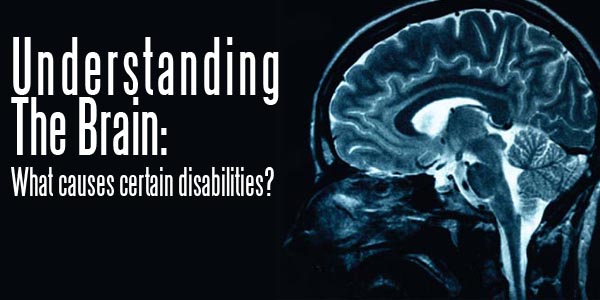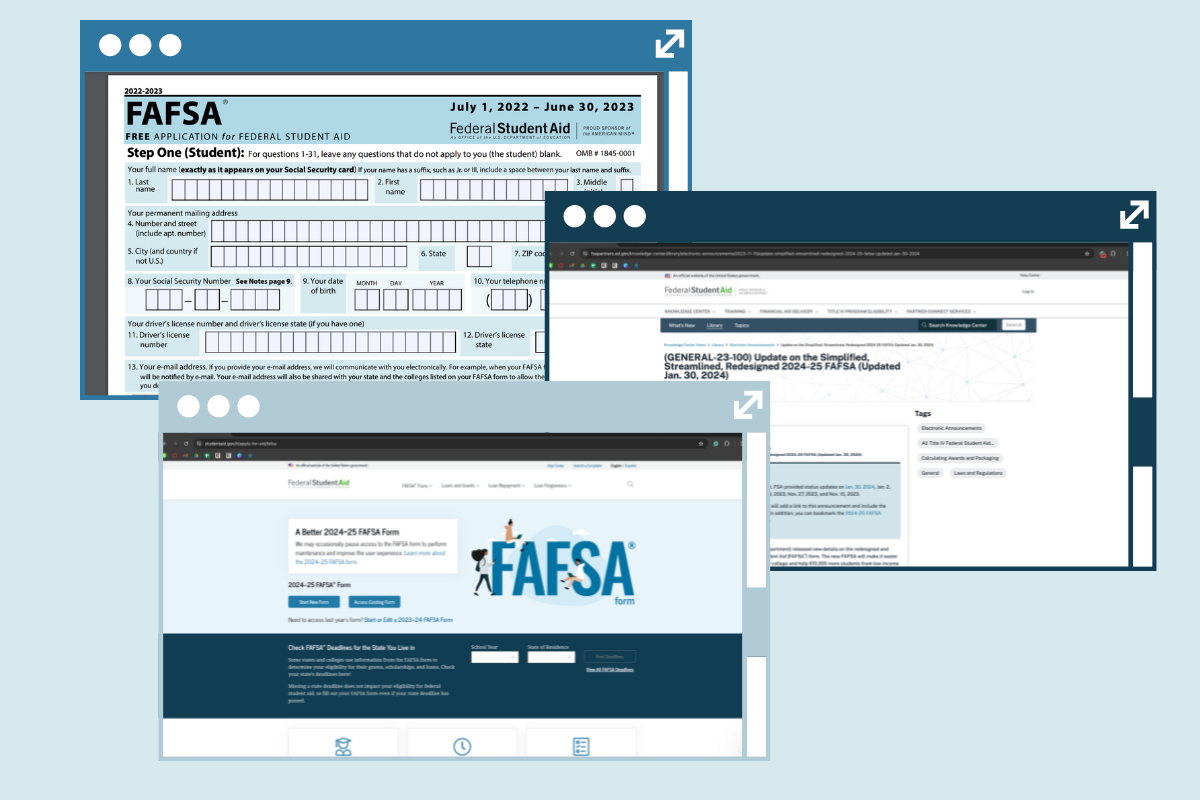For most people, the brain has its own built in ‘to-do list’, full of things you really don’t have to think about doing. Wash your hair. Brush your teeth. Put your clothes on. Tie your shoes. But for the 1-3 percent of the population who live each day with a mental handicap, completing even those simple tasks requires intense concentration and sometimes even necessitate outside help.
“Their perception of the world is very different from ours,” nurse Trayce Franks said. “Many have struggles we will never face.”
Although the level of impairment varies from person to person, according to PubMed Health symptoms of mental retardation include continued infant-like behavior, a decreased ability to learn, failure to meet markers of intellectual development and educational demands as well as exhibiting a lack of curiosity.
“Social acceptance and interaction with their peers are great challenges for them,” Pediatrician Dr. Toribio Garcia said.
A variety of factors cause mental impairment, from genetic abnormalities to infections, as well as trauma and toxic exposure. Despite the many possible causes doctors only find specific reasons for mental retardation in 25 percent of cases. As well as their main condition, many mentally handicapped people are at greater risk for other specific medical problems, such as heart problems and sinus and allergy complications. Injuries acquired from falling down and other accidents also pose a problem, as well as having a greater chance of being mistreated.
“Generally speaking mentally challenged persons, for whatever reason, usually are dependent on family members or a caregiver, depending on severity of their debilitating condition,” Dr. Garcia said. “Medication administration, mobility, self-care in general and above all nutrition play an all important role.”
Treatment for the mentally handicapped focuses on helping them reach their maximum potential on educational and social levels. Academically, Public Law 94-142 mandates the right to an education for mentally handicapped children. Designed to reflect the students’ needs, the FALS program for MISD teaches students how to organize and use basic life skills, rather than focusing on more advanced academic courses.
Larger cities provide “halfway houses” for the handicapped that allow them to learn to live independently and develop self-help skills, as well as encourage a slow and gradual transition into society. These skills may include learning certain housekeeping skills, safety when crossing busy streets, trips to the grocery store and making telephone calls.
“Generally speaking, these are basic every day skills the general population takes for granted.” Dr. Garcia said. “Yet these are considered “milestones” for the persons involved.”
In spite of the difficulties stacked against them, many people with mental impairments make it on their own, leading productive lives with little or no outside help, while others require a structured environment to be at their most successful.
“They may miss out on things like relationships or going out to Six Flags with their friends,” Mrs. Franks said, “but usually the world as they see it is all they know.”

















